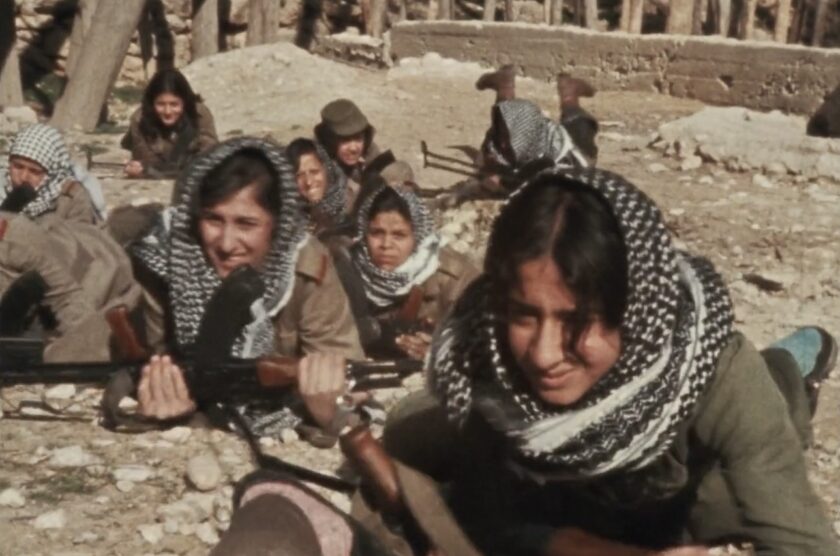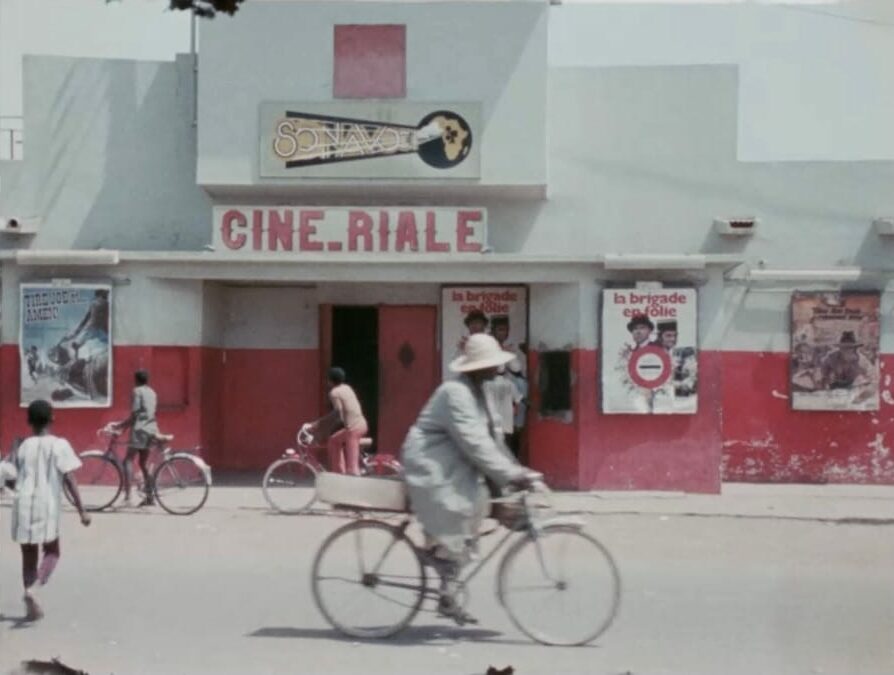Les Femmes Palestiniennes (Palestinian Women)
by Jocelyne Saab
France, 1974
synopsis
Palestinian women, the often-forgotten victims of the war, are here given a voice by Jocelyne Saab.
about the filmmaker
Jocelyne Saab was born in Beirut in 1948, the year of the Nakba, in a very mixed neighborhood of West Beirut, where Lebanese Muslims, Kurds, and Christians lived side by side.
In 1968, during university, she discovered the reality of the Palestinian refugee camps. Despite her desire to make films, she studied Palestinian armed groups and earned their trust. She was the first journalist to document a Palestinian training camp, and the first to report on the practice of suicide commandos.
Her film The Rejection Front (1975) was one of the works that propelled her career. She continued to cover the conflict until the Israeli invasion of Lebanon in 1982 and the siege of West Beirut, documenting key moments and interviewing PLO leaders.
During the siege, Jocelyne Saab decided to stay in Beirut and directed Beirut, My City (1982), a political ode to life that documents the Israeli occupation of Beirut and the despair of the Palestinians’ departure, which ended their presence there. Yasser Arafat personally asked her to document his departure from Lebanon aboard the Atlantis, the ship that took him to Greece. The Ship of Exile (1982) is the filmic memoir of those events and was the last documentary she made in Beirut.
For Saab, the departure of the Palestinians from Lebanon marked the end of a world, a costly loss of utopia for all.




